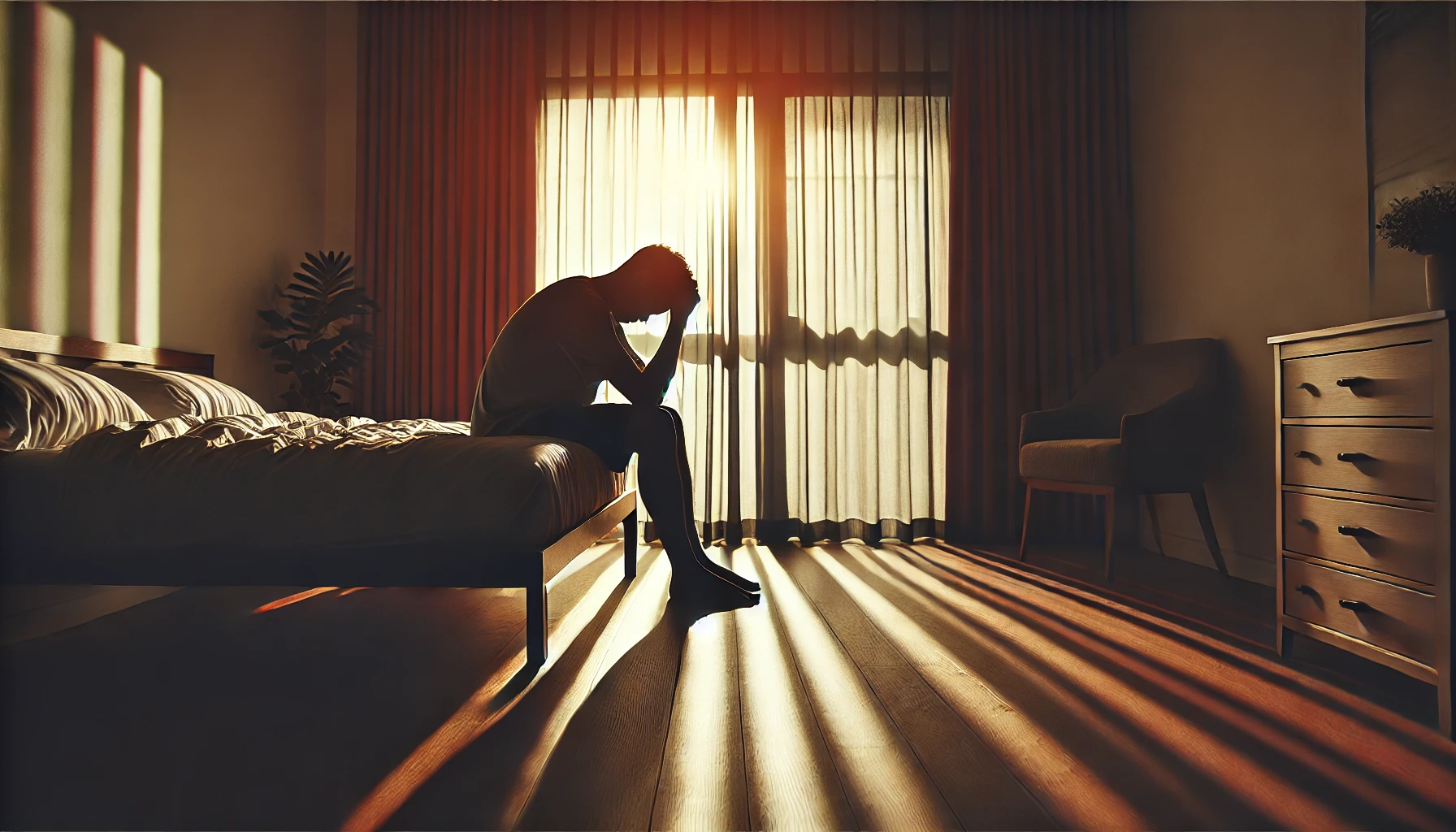Why You’re Always Tired (And It’s Not Just About Sleep)
For the longest time, I thought I was just tired.
Not enough sleep, too much work, a 9-month-old who thinks 3 AM is party time. Classic exhaustion, right?
So I did what everyone does: chugged coffee, tried to sleep more, and powered through.
But no matter what I did, the fatigue never went away.
I blamed it on parenthood. On work. On stress. I figured, “This is just adulthood. Everyone is tired.”
Then I realized something.
I wasn’t just physically exhausted. I was mentally overloaded, emotionally drained, creatively empty.
And no amount of caffeine or extra sleep could fix it.
Because we don’t just have one type of energy—so we don’t just get tired in one way.
The 5 Types of Exhaustion (And Why We Ignore Them)
1. Mental Exhaustion (The Overloaded Brain)
Too many tabs open (in your browser and your head). Constant context-switching. Information overload. You sit down to work and suddenly forget what you were supposed to do.
- Symptoms: Brain fog, forgetfulness, inability to focus, procrastination.
2. Emotional Exhaustion (The Feeling Drain)
When your emotions are on overdrive—too many decisions, too many worries, too much social pressure. Even small conversations feel like heavy lifting.
- Symptoms: Irritability, feeling overwhelmed, emotional numbness, quick to snap.
3. Creative Exhaustion (The Empty Tank)
The silent killer of inspiration. When your brain has been in ‘output mode’ for too long without enough input. You stare at a blank screen, and your best idea is… nothing.
- Symptoms: Writer’s block, lack of ideas, feeling uninspired, repetitive thinking.
4. Social Exhaustion (The People Drain)
It’s not about being an introvert or extrovert—it’s about too much social interaction (or the wrong kind). Even replying to a text feels like a chore.
- Symptoms: Social avoidance, feeling drained after interactions, irritability in social settings.
5. Sensory Exhaustion (The Overstimulation Overload)
Noise, notifications, screens, flashing lights. Your brain is constantly processing micro-stimuli, and it never shuts up.
- Symptoms: Feeling agitated by noise, craving silence, overstimulation, physical restlessness.
Why We Stay Exhausted (Even When We Rest)
Here’s the problem: we treat them all the same way.
- Mental exhaustion? We take a break—but then scroll through social media, keeping our brain in overdrive.
- Emotional exhaustion? We binge-watch Netflix, numbing our feelings instead of processing them.
- Creative exhaustion? We try to push through, thinking more effort will fix it.
- Social exhaustion? We go to more events, mistaking loneliness for social fatigue.
- Sensory exhaustion? We “relax” by staring at another screen.
We assume a nap, a Netflix binge, or a “day off” will fix it.
But if you don’t know what kind of tired you are, you’ll never recover properly.
So Here’s How I’m Fixing It
Instead of “resting” in a generic way, I’m resting with purpose.
I match the type of rest to the type of exhaustion I’m feeling.
1. Mental Exhaustion → Give Your Brain a Reset
- Deep work in short bursts – Focused sessions (like 25-minute Pomodoros) to reduce context-switching.
- Digital decluttering – Fewer tabs, fewer notifications, no mindless scrolling.
- Brain dump journaling – Writing down every stray thought to clear mental space.
2. Emotional Exhaustion → Reduce Decision Fatigue
- Fewer choices – I pre-plan meals, outfits, and small decisions so my brain doesn’t have to.
- Emotional boundaries – Saying ‘no’ more often and limiting draining interactions.
- Journaling – Processing emotions by writing them out instead of bottling them up.
3. Creative Exhaustion → Refuel Your Inspiration
- Consume good input – Reading, watching inspiring videos, experiencing new things.
- Change of scenery – Walking, visiting a new place, or simply switching rooms to reset my perspective.
- Play – Doing something fun and unrelated to work, like sketching or playing with my kids.
4. Social Exhaustion → Intentional Solitude
- Meaningful connections only – Prioritizing deep conversations over small talk.
- Scheduled alone time – Planning solo moments to recharge without interruptions.
- Boundaries – Limiting social commitments and giving myself permission to cancel.
5. Sensory Exhaustion → Turn Down the Noise
- Digital detox – No screens before bed. Phone on silent or Do Not Disturb mode.
- Minimalist workspace – Reducing visual clutter to minimize sensory overload.
- Silence and darkness – Spending time in quiet, dark environments to reset my senses.
The Takeaway
We’ve been tricked into thinking exhaustion is just about not sleeping enough.
But the real question isn’t “Am I tired?”—it’s “What kind of tired am I?”
Once you figure that out?
You can finally start recharging the right way.
And you might just find that you’re not broken.
You were just resting wrong.
